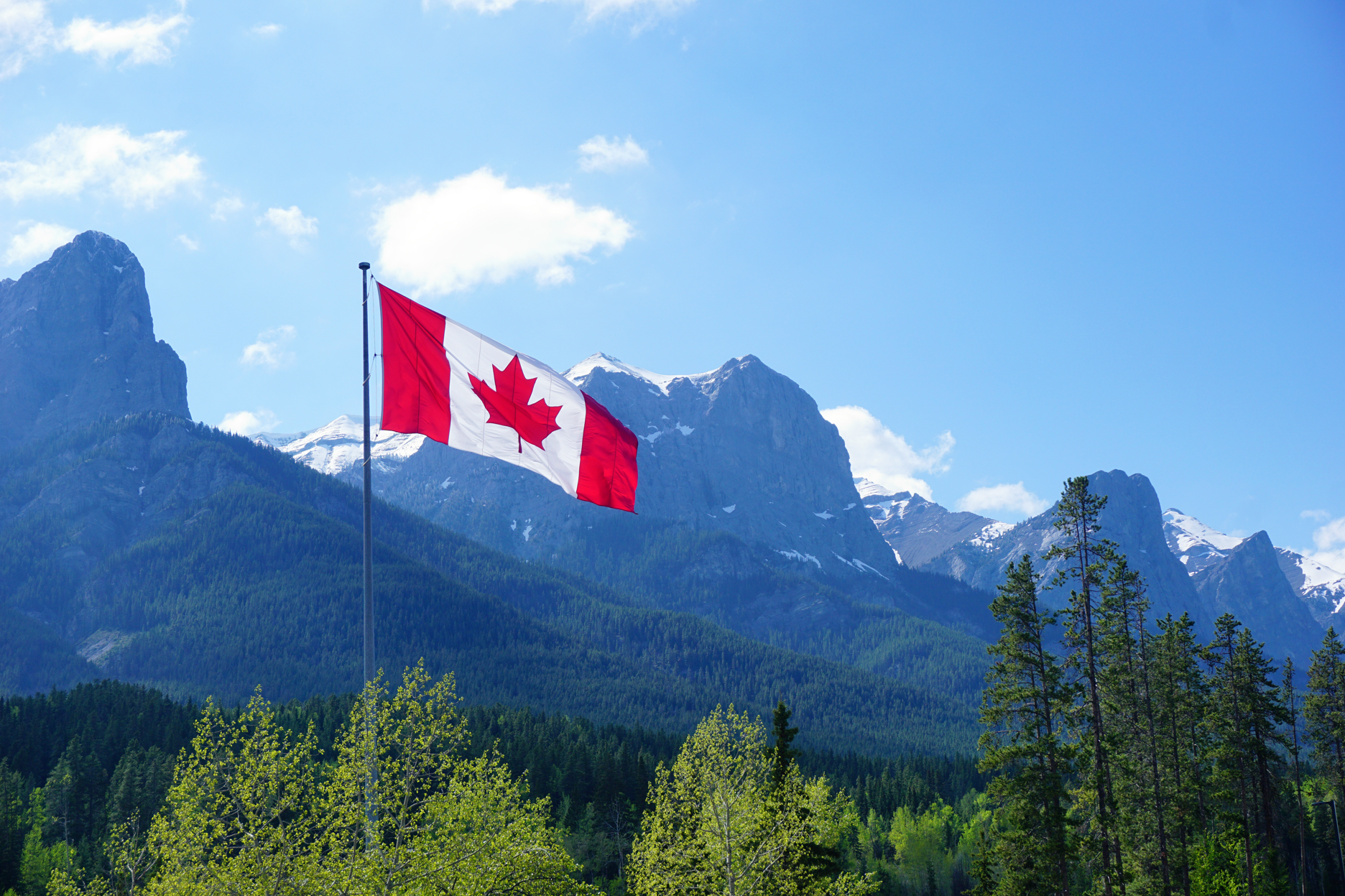Canada is a forest nation! With approximately 40% of our total area covered with forests or other wooded land, our forests play a vitally important role in supporting healthy communities. Our vast forested area that spans coast to coast supports biodiversity, provides essential ecosystem services, acts as a cornerstone of economic prosperity, provides recreational and cultural value, and is a hub for innovation and technology.
Aptly themed, ‘Learn to Love Forests’, this year’s International Day of Forests serves as an opportunity to appreciate our trees and forests, and their daily contributions to our well-being: individually, locally, nationally, and internationally.
Given the realities we are faced with in a changing climate, the continued careful stewardship of our forests is more important than ever. Boasting 9% of the world’s total forest cover, and as a leader in sustainable forest management, Canada’s actively managed forests serve as an important carbon sink. Moreover, novel and innovative products and technologies are being developed, such as bioenergy, bioplastics, and tall wood-construction, particularly as a replacement for petroleum-based products, furthering our climate change mitigation targets. Canada’s forest sector is the solution to a green future.
But how can we catalyze this? What if I told you one of the untapped strategies to accelerate a green future centred around our forest sector was right in front of us?
Diversity and gender equity, in all its forms, is an invaluable catalyst for sustainability – we can’t progress without it. A growing body of research demonstrates a strong business case for the meaningful inclusion of diverse voices. Sectors and companies with mixed-gender workplaces and boards see improved decision making and performance related to complex problems, a reinvigoration of policy and project options, and an increased competitive edge.
The forest sector has the potential to realize the benefits of diverse teams and leadership. Data from Statistics Canada reveals that women make up roughly 17% of the forestry workforce, and according to the Osler Diversity Disclosure Practices Report, forestry has the lowest proportion of female directors on boards at 6%. The forest sector can only strengthen when diversity and inclusion is proactively addressed; gender equity can have profound positive impacts on our environmental and social well-being.
#TakeYourPlace. Why? Because your voice and perspectives are vitally important to a sustainable future.
Follow the Canadian Institute of Forestry and their new Gender Equity in Canada’s Forest Sector initiative! In collaboration with the Centre for Social Intelligence, this initiative will promote gender equity in Canada’s forest sector by supporting the recruitment, retention and advancement of women.










.jpeg)





